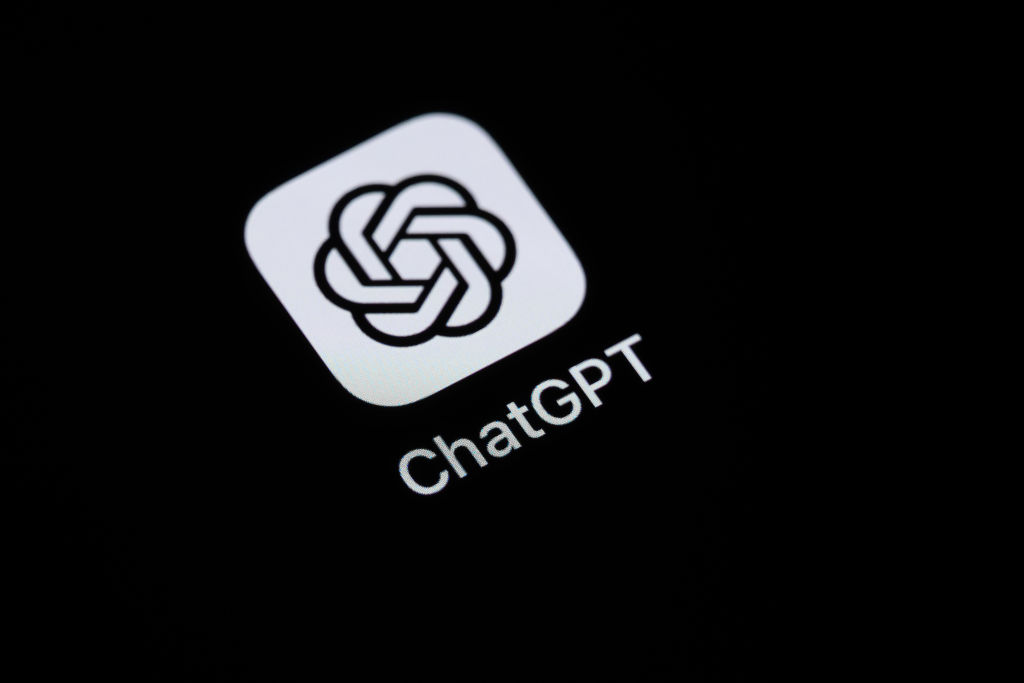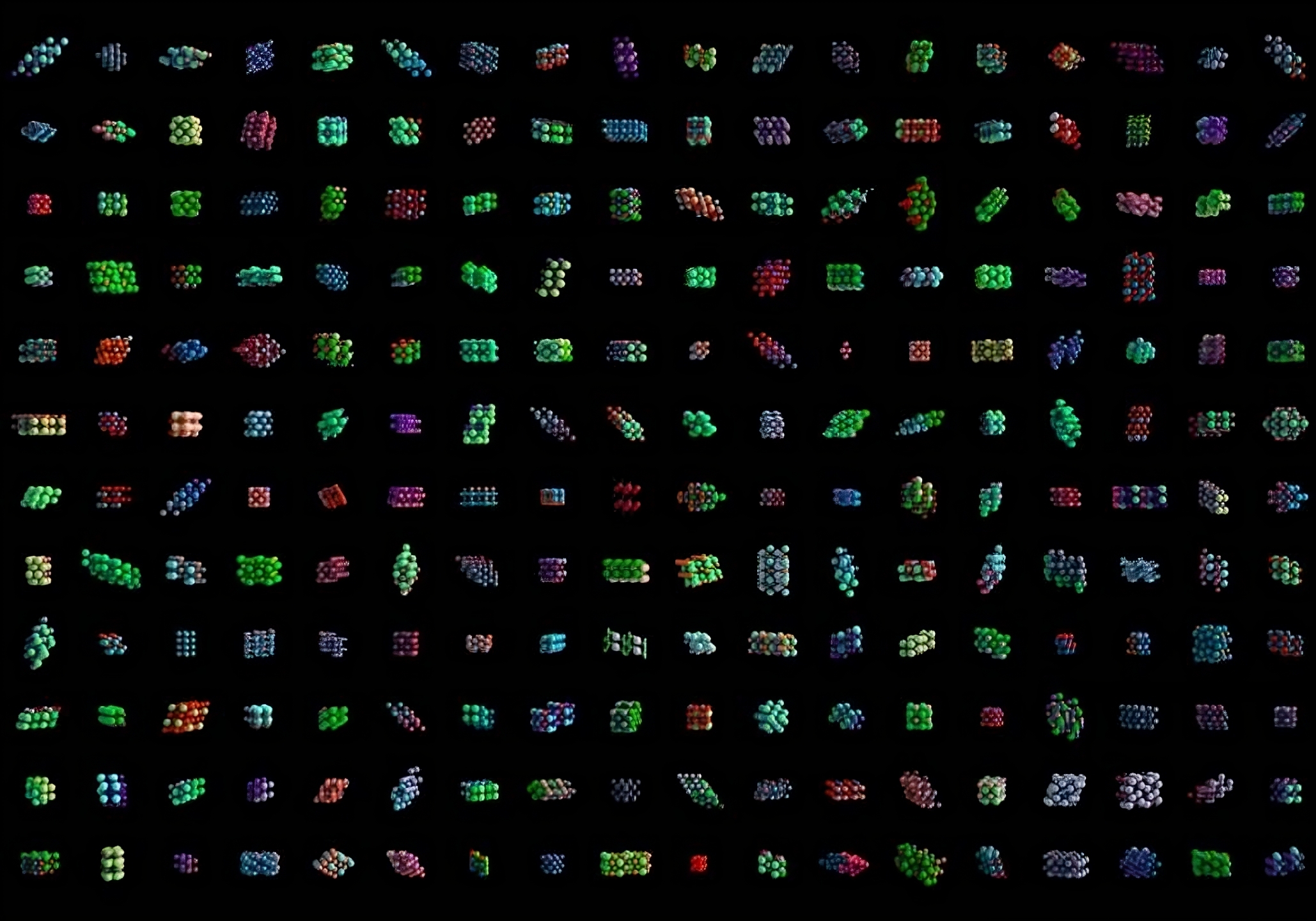Introduction to OpenAI’s Latest Enhancement
OpenAI is bolstering its AI-driven "deep research" feature by incorporating the ability to analyze codebases on GitHub, a significant step forward in its capability to compile comprehensive research reports across the web and other sources.
Expansion of ChatGPT Deep Research
On Thursday, OpenAI unveiled its first "connector" for ChatGPT deep research, enabling the tool to link with GitHub in beta form. This innovation allows developers to pose questions about codebases and engineering documents, further enhancing the utility of ChatGPT. The connector will be accessible to ChatGPT Plus, Pro, and Team users over the coming days, with support for Enterprise and Edu users slated for release soon, as confirmed by an OpenAI spokesperson.
Image and Illustration
OpenAI’s ChatGPT Deep Research feature can now connect to GitHub
Image Credits: OpenAI
Industry Context and Development
The introduction of the GitHub connector for ChatGPT deep research aligns with the broader trend of AI companies striving to make their AI-powered chatbots more versatile by integrating them with external platforms and services. For instance, Anthropic recently introduced Integrations, which provides applications with a direct pipeline into its AI chatbot Claude. OpenAI had previously offered a plug-in capability for ChatGPT but deprecated it in favor of custom chatbots known as GPTs.
Statement from OpenAI Head of Business Products
Nate Gonzalez, OpenAI’s Head of Business Products, expressed in a LinkedIn blog post, "I often hear that users find ChatGPT’s deep research agent so valuable that they want it to connect to their internal sources, in addition to the web. [That’s why] today we’re introducing our first connector."
Capabilities of the New Connector
In addition to answering questions about codebases, the novel ChatGPT deep research GitHub connector enables users to break down product specs into technical tasks and dependencies, summarize code structure and patterns, and grasp how to implement new APIs using real code! examples.
Upcoming Event
Techcrunch event
Berkeley, CA
June 5
BOOK NOW
Limitations and Potential
While there’s a risk that ChatGPT deep research may hallucinate, as is common with AI models, OpenAI positions the new capability as a potential time saver rather than a replacement for human experts. The company ensures that ChatGPT respects an organization’s settings, allowing users to view only the GitHub content they are authorized to access and codebases that have been explicitly shared with ChatGPT.
Other Developments at OpenAI
OpenAI has been investing in tooling for assistive coding, including the recent unveiling of an open-source coding tool for terminals called Codex CLI and the enhancement of the ChatGPT desktop app to read code in several developer-focused coding apps. The company views programming as a key use case for its models, as evidenced by its reported agreement to acquire AI-powered coding assistant Windsurf for $3 billion.
Fine-Tuning Options for Developers
In other news, OpenAI launched fine-tuning options for developers seeking to customize its newer models for specific applications. Developers can now fine-tune OpenAI’s o4-mini "reasoning" model through reinforcement fine-tuning, which utilizes task-specific grading to improve the model’s performance. Fine-tuning has also become available for the company’s GPT-4.1 nano model. However, only verified organizations can fine-tune o4-mini, while GPT-4.1 nano fine-tuning is accessible to all paying developers. OpenAI initiated the verification process for certain models and developer features in April, requiring organizations to submit identification and other identity documents to prevent abuse.
Source Link





